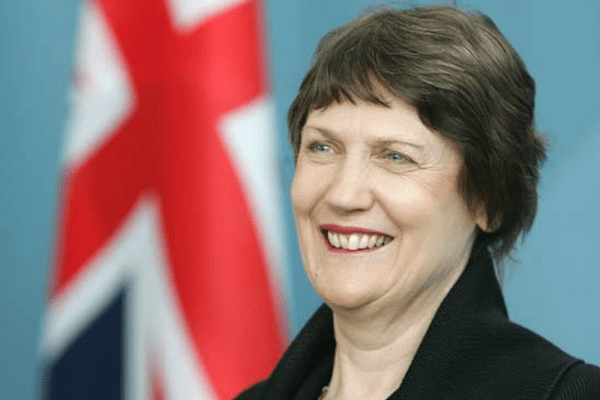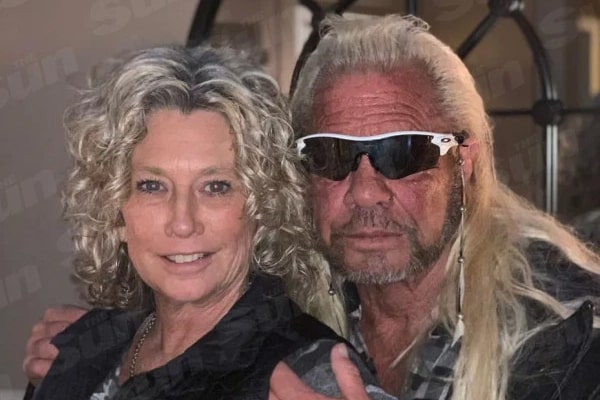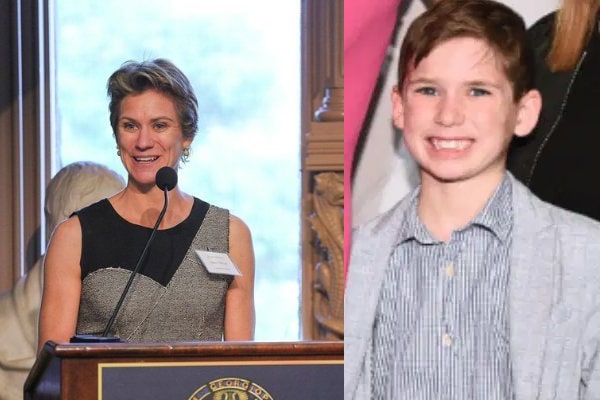Helen Clark Age, Early Life, Education, Early Career, Ministerial Positions, UN, Personal Life, Honors and Net Worth

| Birth Name: | Helen Elizabeth Clark |
|---|---|
| Date of Birth: | 26/02/1950 |
| Age: | 75 years old |
| Nationality: | New Zealand |
The New Zealand politician Helen Clark age was only 24 when she decided to enter the politics and later became a renowned leader nationally and internationally.
Born in 1950, Helen Clark is the New Zealand politician who also served as 37th Prime Minister of New Zealand. She has marked herself a remarkable politician through her involvement in national arena. Helen Clark age was not much when she successfully became Deputy Prime Minister after holding Ministerial positions. Similarly, Clark took up administrative position of the United Nations Development Programme until 2017. Forbes magazine has ranked her among most powerful women in the world multiple times.
Helen Elizabeth Clark was born eldest of four daughters on 26 February 1950 in Hamilton, New Zealand. This makes Helen Clark age 67 by 2017 and a New Zealand citizen. Her parents are Margaret McMurray, an Irish born primary school teacher, and George, a farmer.
Clark attended Te Pahu Primary School at Epson Girls’ Grammar School, Auckland. She continued her study at the University of Auckland from where she earned an MA honors in 1974. During the teenage, Clark was quite involved in politics and protested Viet Nam War. Therefore, her thesis also focused on rural political behavior and representation. Afterwards, she left to study abroad on a post-graduate scholarship in 1976.
During Helen Clark age of youth, she worked actively in New Zealand Labour Party. She later joined the University of Auckland as junior lecturer in 1973 for a couple of years. Clark stood for a National safe Seat, Piako after losing Auckland Central electorate in 1974. She returned to Auckland, continued her PhD and participated in election to Parliament in 1981.
She became the member of the Labour’s national executive committee during 1978-88 and rejoined in 1989. Helen Clark age was 28 years only when she became the representative of the New Zealand Labour Party. It was at the Socialist International and the Socialist International Women in Asia-pacific Socialist Organization Conference held in Sydney.
Clark became the second woman to represent Auckland electorate and 17th to represent New Zealand Parliament after House of Representatives election. As a parliamentary member, she intervened condemning US deployment of nuclear cruise missiles in the Pacific. Clark won 66% electoral votes in 2005 General Election. She became a member of the Statutes Revision Committee on Disarmament and Arms Control in 1985.
Helen Clark age was 37, not much to turn into a cabinet minister in the Fourth Labour Government n 1987. In addition, she served as Minister of Housing (1987-89) and Minister of Health (1989). Alongside, she took up the position and responsibilities of Minister of Labour and Deputy Prime Minister in 1989. Her remarkable role as a health minister was to introduce legislative changes to allow midwife practice autonomously and introduce smoke-free environment act, 1990. Serving as a Deputy Prime Minister, Helen Clark chaired the Cabinet Social Equity Committee. Similarly, she became member of importance Cabinet Committees.
In 1990, Helen Clark took over the position of the Deputy Leader of the Opposition. She also became the spokesperson for Health and Labor and Social Service Select Committee member. The critical of Mike Moore, Clark became the Leader of the Opposition in 1993 and led the party against National-led government. Later, Labour lost election in 1996 but Clark stayed Opposition Leader. The activist Titewhai Harawira prevented Clark from speaking on the marae in 1998 Waitangi Day. As a result, the national television showed her in tears.
#leader_of the OppositionPrime Minister of New Zealand
After Labour Party regaining power and growing large, Clark won 1999 general election. Helen Clark age was less than 50 when she became the second woman to serve as Prime Minister of New Zealand. In addition, she also served as the Minister for Arts, Culture and Heritage. During her tenure, women held prominent places in offices in New Zealand. Clark also became the member of the Council of Women World Leaders.
She emphasized on holding negotiation the formation of successive coalition government, ecological sustainability and unique national identity. Some of her accomplishments are increasing minimum wage 5% a year, interest-free student loans, introduction of NCEA and fourteen weeks’ parental leave. As a result, Forbes ranked her 20th in The World’s 100 Most Powerful Women. She ranked 56th by the time she left the Prime Minister post in 2008.
Involvement with United Nations Programmes
Apart from serving nationally, Helen Clark has become a prominent figure taking the responsibilities in international organizations. She became the first woman to lead United Nations Development Programme as administrator in 2009. The New Zealand, Australia and Pacific Island nations’ government supported her candidacy in addition to some Middle Eastern and European countries. UNDP chose her administrator for the second time in 2013. Thus, Forbes listed her in most powerful woman list twice. Her proven managerial leadership, emphasis on transparency and gender equity made her a successful administrator.
Similarly, Clark submitted her nomination for 2015 UN Secretary-General Selection. However, she finished in fifth position and 3 of P-5 member nations vetoed against her candidacy.
Personal Life, Husband and Interests
Even though Clark was raised a Presbyterian Christian, she called herself agnostic when she became Prime Minister. Helen Clark age was 31 when she married sociologist Peter Davis. Despite her personal choice, some Labour members pressured to marry for political reasons. Her biography states that she cried the whole ceremony but described headache as the reason. Davis currently serves COMPASS (Center of Methods and Policy Application in the Social Sciences) as a director and medical sociology professor.
The keen hiker and mountaineer, Clark and her husband got stranded on Two Thumbs Range of the Southern Alps in 2008. It was after their guide, Gottlieb Braun-Elwert died of heart attack.
For the achievements, Helen Clark has received a number of awards. She is the recipient of 1986 Peace Prize of the Danish Peace Foundation for promoting peace and nuclear disarmament. Similarly, she received Nuclear-Free Future Award in 2002 and Star of the Solomon Islands from the government of Solomon Islands in 2005. Additionally, she won 2008 UNEP Champions of the Earth for her sustainability initiatives. She is also the Honorary Member of The International Raoul Wallenberg Foundation and patron of the Mt. Albert Lions rugby League as well as New Zealand Rugby League (2002-11).
New Zealand Herald voted Clark Greatest Living New Zealander in 2009. The University of Auckland awarded her honorary Doctor of Laws degree in the same year. Besides, Clark was appointed the Order of New Zealand in 2010 New Year Honors for her services to New Zealand.
The 37 Prime Minister of New Zealand, Helen Clark age was only twenty something when she started to rise in politics. However, she proved herself as a promising leader successfully achieving the goals for betterment. As a result, she became one of the most powerful women in the world. Her success story about bringing larger efficiency and involving in humanitarian efforts gives us the idea of her intensions rather than net worth. Therefore, there is no available data about her net worth.
Recent News
-

Duane Chapman Is Now Engaged To Girlfriend Francie Frane, Had Lost Wife 10 Months Earlier
-

Katherine Schwarzenegger Pregnant With Her First Child With Husband Chris Pratt
-

Chris Cuomo's Son Mario Tested Postive For Coronavirus
-

Kodak Black And NBA YoungBoy, Dissing One Another Via Social Media
-

Maeve Kennedy McKean, Robert F. Kennedy's Granddaughter, is Missing Along With Her Son
Entertainment
-

The Evolution of Entertainment: Online Casting Calls Redefining the Industry
-

Mamoudou Athie's Must-Watch Performances in the Movies and TV Series
-

Try These Unique Forms of Entertainment When You've Exhausted All Options
-

7 Best Movies on Netflix This Week
-

Campus Grooves: Exploring Music Festivals in American Colleges





